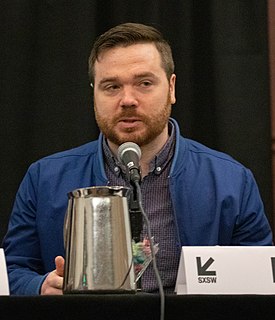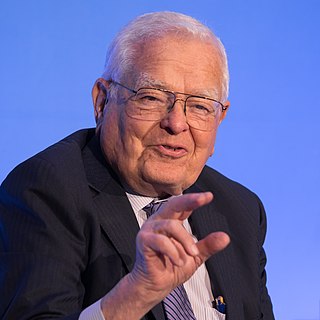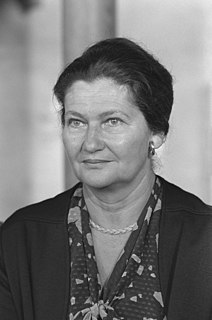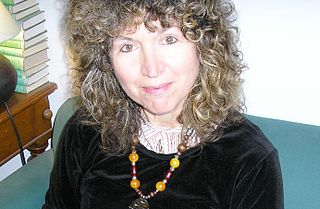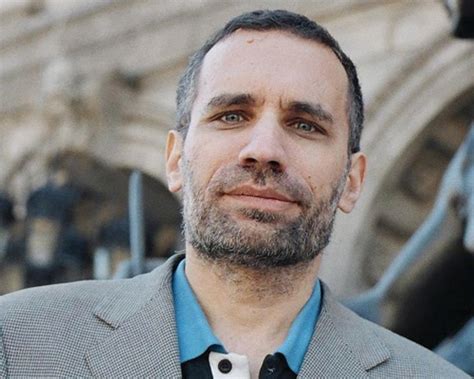A Quote by Kevin Roose
In some of the classes, especially the introductory religion courses I took, the professors can veer into a particular strain of religious anti-intellectualism. Professors typically aren't given tenure at Liberty, so there's pressure to hew to the party line on religious and social issues. I didn't see a whole lot of my professors encouraging critical thinking among their students. Which isn't to say that students don't engage critical thinking skills at Liberty - just that it wasn't part of my classroom experience there.
Quote Topics
Related Quotes
Some conservatives have expressed outrage that the views of professors are at odds with the views of students, as if ideas were entitled to be represented in proportion to their popularity and students were entitled to professors who share their political or social values. One of the more important functions of college that it exposes young people to ideas and arguments they have not encountered at home is redefined as a problem.
The issue of religious liberty is absolutely critical. America was founded on three different types of liberty: political liberty, economic liberty, and religious and civil liberty. It's remarkable that, one-by-one, these strands of liberty are coming under fierce attack from the Left. And that's particularly ironic because "liberal" derives from a word which means "liberty," the free man as opposed to the slave. This liberalism which we're saddled with today isn't a real liberalism at all, but a gangster style of politics masquerading as liberalism.
If I had to guess, I'd estimate that 9 out of 10 Liberty students come to Christian college on their own, with no pressure from their parents or religious leaders. A lot of the students came from secular high schools, and for them, Liberty is a place where they can practice their faith freely without feeling ostracized or mocked.
Everyone talks about religious liberty, but no one believes it. So let us be blunt about it: we must use the doctrine of religious liberty to gain independence for Christian schools until we train up a generation of people who know that there is no religious neutrality, no neutral law, no neutral education, and no neutral civil government. Then they will get busy in constructing a Bible-based social, political, and religious order which finally denies the religious liberty of the enemies of God.
At 16, when I was at Henry M. Gunn High School, I had a crush on the English teacher, and my grades improved dramatically. This great school had only 400 students, mostly children of Stanford professors, and it was more usual to have classes under one of the oak trees dotted around the campus than in the classroom.
